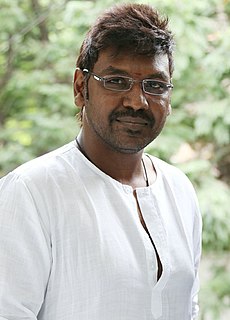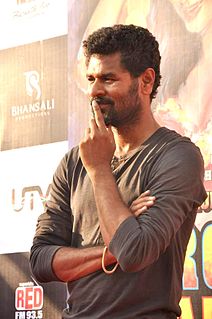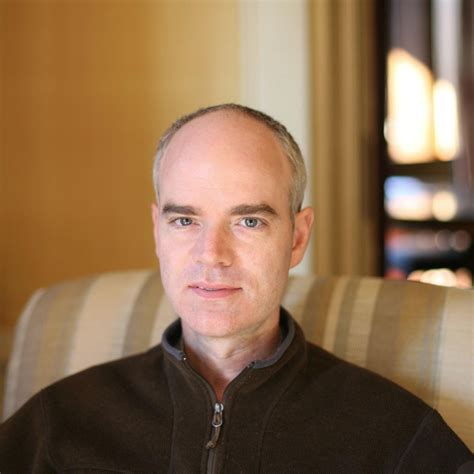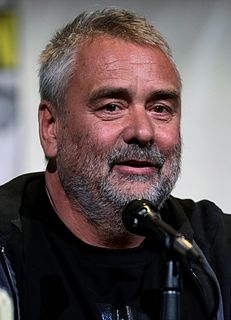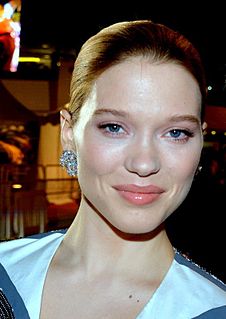A Quote by Jiang Wen
I've also shot plenty of films with very small audiences - 'The Sun Also Rises.' I love that film, but I didn't capture the imagination of the audience. I don't know why.
Related Quotes
A war film can be propaganda and they're very valuable as propaganda, as we realized in Britain in the Second World War. Film as propaganda is a very valuable tool. It can also demonize, which is the dangerous side of a war film as propaganda. But there are war films that are not propaganda. It's just saying 'This is what it's like.' For 99 percent of us we don't know what it's like. We have no idea. So to reveal that to the audience is powerful.
Perhaps the most demanding trick in all of art is to know ways that are going to capture the attention of an audience right now, and yet to also hold an audience hundreds or thousands of years into the future in circumstances you just cannot imagine. You've got to go very deep into human nature to do that.
You know, it's not my film [Valerian], it's really their film. It's very strange. And maybe because it's more when you comes to the Marvel films it's way much more organized and plan, you know, they planned. Okay, we have Thor here, we have this and then we do The Avengers, and then we group. You know, it's much more organized. So maybe there is a little less freedom at the end for the creative people. Where I did the entire opposite. I let them help me, you know. So that's also why maybe they were so involved.
More than my other films, Uncle Boonmee is very much about cinema, that's also why it's personal. If you care to look, each reel of the film has a different style - acting style, lighting style, or cinematic references - but most of them reflect movies. I think that when you make a film about recollection and death, you have to consider that cinema is also dying - at least this kind of old cinema that nobody makes anymore.
Making movies in France is different, but it's still acting, you know. You still have doubts and you're scared, always, but I really love doing films in America, because I love to speak English. But I think there's something very entertaining about American films. But I also like the intimacy of French films.
I think that film festivals, we're very often given to understand, are about filmmakers and about films and about the industry of filmmaking. I don't believe that they are, I believe that film festivals are about film audiences, and about giving an audience the encouragement to feel really empowered and to stretch the elastic of their taste.

